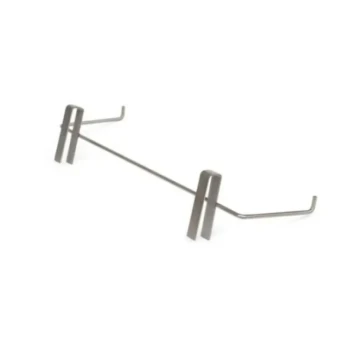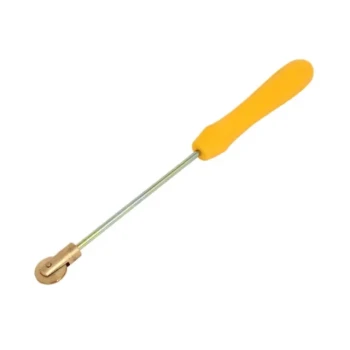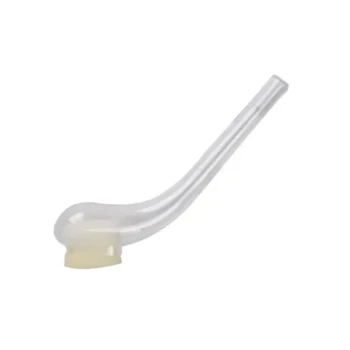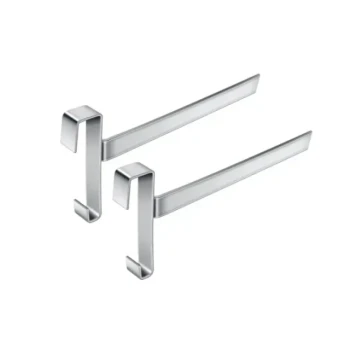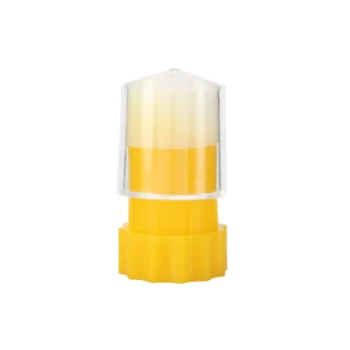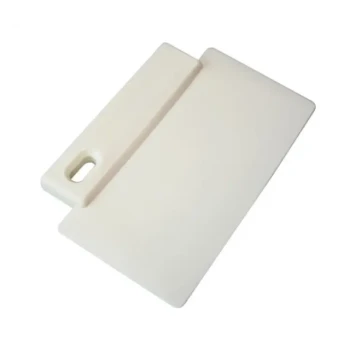For commercial beekeepers, the preference for plastic foundation over traditional beeswax comes down to two factors: durability and long-term operational efficiency. Plastic frames are far less likely to break during high-speed honey extraction and can be reused for years, which significantly lowers costs and labor at a commercial scale.
The decision between plastic and wax foundation is a classic trade-off. It forces a beekeeper to weigh the industrial-grade resilience and reusability of plastic against the faster, more natural acceptance of pure beeswax by the bees themselves.
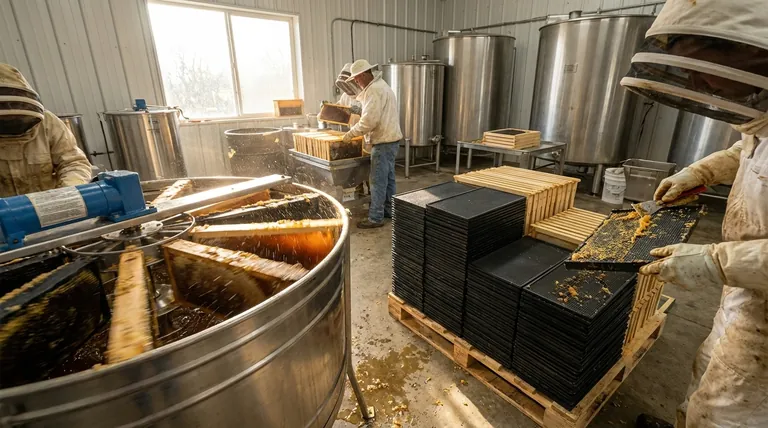
The Core Driver: Operational Durability
For a commercial operation managing hundreds or thousands of hives, equipment failure is a significant source of lost time and revenue. Plastic foundation is engineered to solve these large-scale challenges.
Surviving High-Speed Extraction
The single greatest advantage of plastic is its strength. Honey extractors use powerful centrifugal force to spin honey out of the comb.
A heavy frame of honey built on pure wax foundation can easily "blow out" or collapse under this force, destroying the comb and creating a major cleanup issue. Plastic foundation provides a rigid backbone that prevents this, allowing for faster and more reliable extraction.
Reusability and Long-Term Cost
After extraction, plastic frames can be scraped clean of old comb and beeswax, then re-installed in the hive for the bees to build on again.
This reusability across multiple seasons makes plastic a more cost-effective investment over the long term. Wax foundation, being more fragile, is often a single-use product.
Resistance to Pests and Storage
Plastic foundation is impervious to pests like wax moths and mice that can devastate stored beeswax comb.
Furthermore, it can be stored in any temperature without warping or degrading, a critical advantage for beekeepers who need to store equipment through hot summers or freezing winters.
The Bee Acceptance Factor
While plastic excels in the honey house, its performance inside the hive requires careful management because it is not the bees' natural first choice.
Wax as the Natural Preference
Bees instinctively prefer to build their comb on pure beeswax. They will draw out wax foundation more readily and under a wider range of conditions.
The Importance of a Honey Flow
Bees will generally only draw comb on plastic foundation during a strong nectar flow (or when being fed sugar syrup heavily).
If the flow is weak, they may ignore the plastic frames entirely, leading to a "checked" or stalled colony. This is a critical management consideration that commercial keepers plan for.
The Role of a Wax Coating
To bridge this acceptance gap, nearly all plastic foundation sold today is coated with a thin layer of beeswax. This coating encourages the bees to begin working on the plastic surface. A thick, high-quality coating is essential for rapid acceptance.
Understanding the Trade-offs
Choosing a foundation type involves balancing clear benefits with potential downsides. No option is perfect for every situation.
The Risk of Rejection
The primary risk with plastic is that the bees refuse to build on it. If the wax coating is too thin, old, or smells off, or if the nectar resources are scarce, the colony may ignore the foundation completely, wasting valuable time during the season.
The "Plastic in the Hive" Debate
For beekeepers focused on natural or treatment-free practices, introducing plastic into the hive is a philosophical concern. Although bees quickly cover the foundation in their own wax, the underlying material is still synthetic.
Initial Labor for Small-Scale Keepers
While most plastic foundation is sold pre-assembled in frames, applying a fresh coat of wax yourself can improve acceptance but adds a significant labor step. For a hobbyist with only a few hives, this extra work may negate some of the convenience factor.
Making the Right Choice for Your Apiary
The best foundation is the one that aligns with the scale, goals, and management style of your specific operation.
- If your primary focus is durability and long-term cost-efficiency at scale: Plastic foundation is the industry standard for its resilience in extraction and its reusability.
- If your primary focus is rapid colony growth and natural materials: Beeswax foundation is typically accepted more quickly by the bees, helping a new colony establish itself faster.
- If you want a balance of reliability and bee acceptance for a small to mid-sized apiary: High-quality plastic foundation with a heavy wax coating offers a dependable compromise.
Ultimately, understanding these core differences empowers you to select the equipment that best serves both you and your bees.
Summary Table:
| Aspect | Plastic Foundation | Wax Foundation |
|---|---|---|
| Durability | High - withstands high-speed extraction | Low - prone to blowouts |
| Reusability | Excellent - can be reused for multiple seasons | Poor - often single-use |
| Bee Acceptance | Requires strong nectar flow and wax coating | High - natural preference for bees |
| Pest Resistance | High - impervious to wax moths and mice | Low - vulnerable to pests |
| Long-Term Cost | Lower - higher initial cost but reusable | Higher - frequent replacement needed |
Upgrade Your Apiary with Industrial-Grade Equipment from HONESTBEE
As a commercial beekeeper or equipment distributor, you understand the critical importance of durable, cost-effective foundation. HONESTBEE specializes in supplying high-quality plastic foundation and beekeeping equipment designed specifically for large-scale operations. Our products are engineered to withstand the rigors of commercial honey extraction, reduce long-term costs, and maximize your operational efficiency.
Let us help you optimize your apiary's performance. Contact our wholesale team today to discuss your specific needs and discover how our solutions can enhance your beekeeping business.
Visual Guide
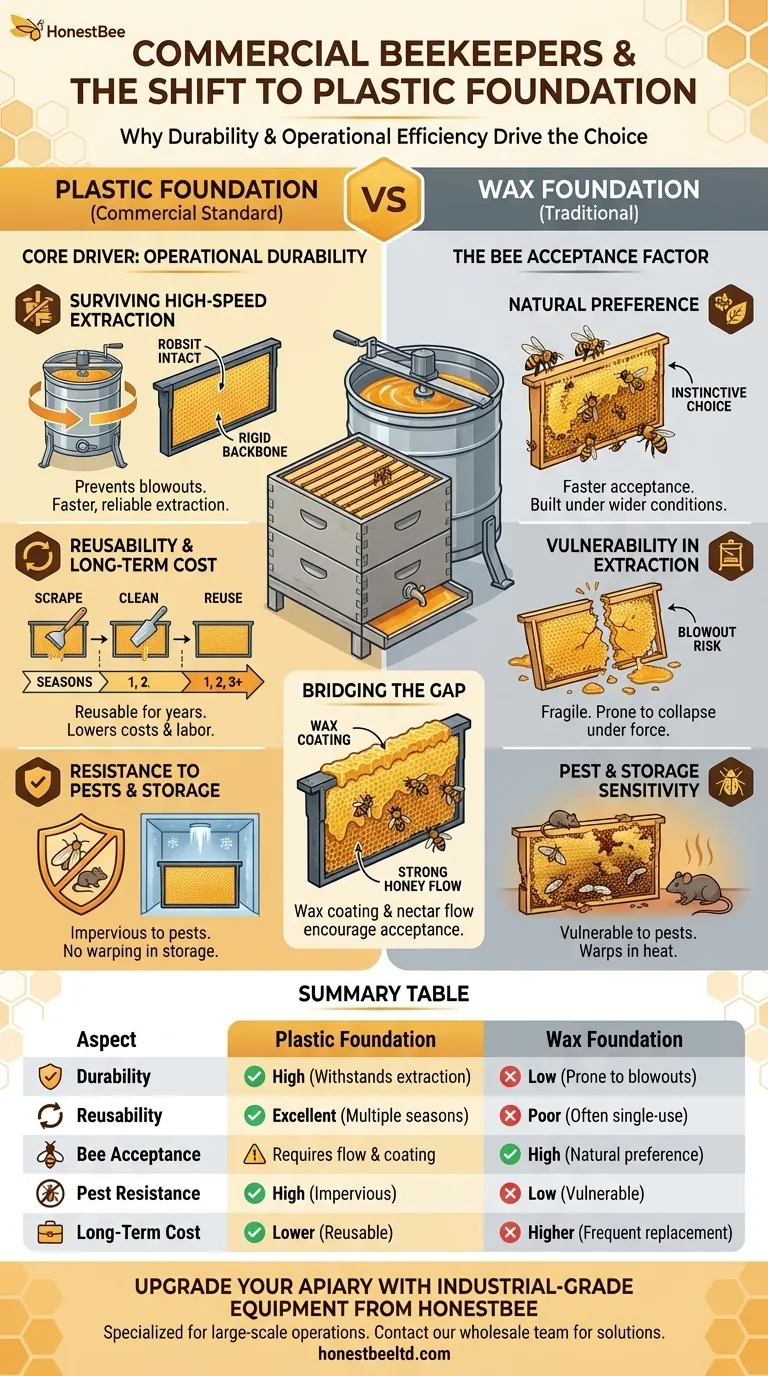
Related Products
- Food Grade Plastic bee Foundation for Bee Frames
- 7 x Auto Bee Flow Hive Frames Plastic Beekeeping Hive Box Supplies
- Heart-Shaped Comb Honey Frame and Honeycomb Cassette
- Yellow Plastic Bucket Pail Perch for Beekeeping
- Heavy-Duty Stainless Steel Clip-On Frame Perch
People Also Ask
- How does plastic foundation differ from beeswax foundation? Choose the Best for Your Hive's Success
- What are the disadvantages of using plastic foundation in a hive? Pros and Cons for Your Apiary
- What is the primary purpose of adding plastic sheets to a beehive? Optimize Thermal Insulation & Colony Survival
- What role do high-contrast plastic sheets play in beehive monitoring? Enhance Your Disease Detection and Health Analysis
- What are the advantages of using plastic foundation? Boost Apiary Efficiency & Durability
- What material is used to construct the partially-formed honeycomb in these specialized frames? BPA-Free Plastic Safety
- What specific characteristics of plastic foundation do beekeepers prefer? The Key to High Bee Acceptance
- Does plastic foundation require less maintenance than beeswax? A Guide to Durable Hive Management




